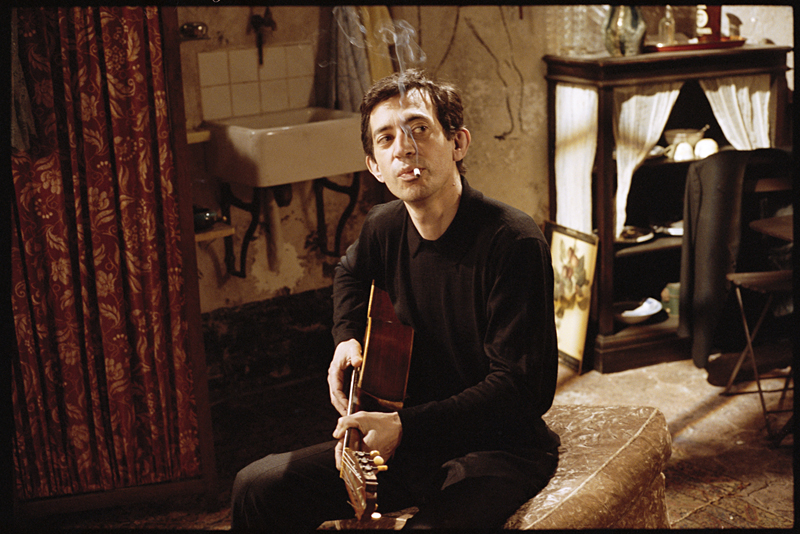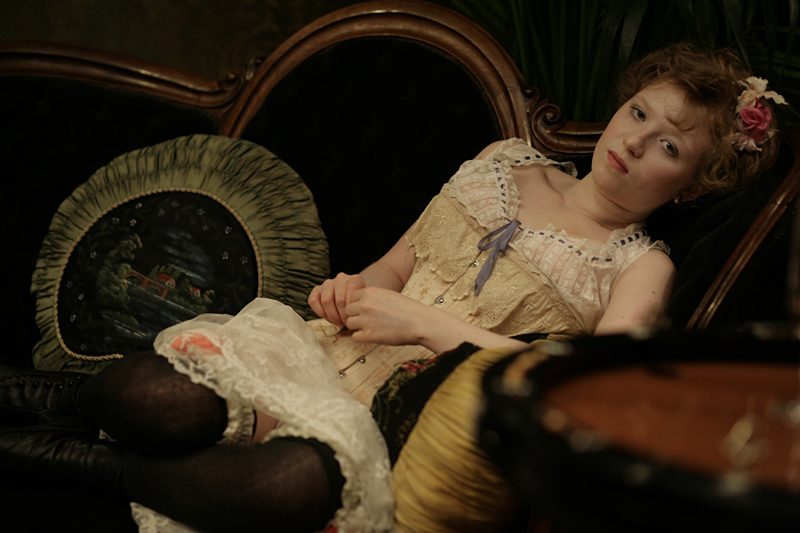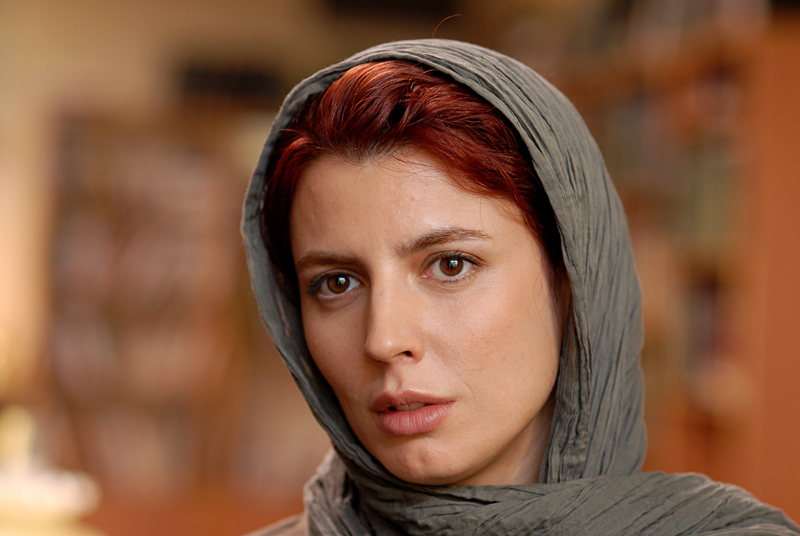French cartoonist Joann Sfar’s first feature is an ambitious attempt to cage the career of legendary French singer/songwriter/scamp Serge Gainsbourg (1928–91) within the confines of a commercial showbiz biopic. Gainsbourg: A Heroic Life is itself somewhat heroic in its desire to bend the genre’s bars. Still, for all the filmmaker’s interpolated animations and puppets, and for his protagonist’s proclivity for scandal, the movie is too timidly conceived by half. Gainsbourg tracks its subject’s progress from brash, precocious brat, a Jewish child in occupied France with a cigarette already dangling from his lip, to—as embodied by credible song-and-dance man Eric Elmosnino—the pop-culture provocateur whose calculated outrages ranged from the widely banned, Pope-condemned love duet “Je T’Aime . . . Moi Non Plus” to the “Nazi” concept album Rock Around the Bunker. Gainsbourg is less a movie than a pageant: As the saga unfurls, Elmosnino’s hyperactive piano-player encounters a small galaxy of well-cast celebrities, including Brigitte Bardot (supermodel Laetitia Casta) and Jane Birkin (the late Lucy Gordon). Gainsbourg is accompanied throughout the film by an outsized apparition, which represents his conventionally ugly, stereotypically Semitic (or French) mug. Sfar advances a theory, more implicit than articulated, that Gainsbourg’s artistic personality, and insolence, was determined by his childhood experience in wartime France. Sfar’s movie eventually outstays its welcome—inculcating the desire to see its subject light up his last Gitane and shuffle off this mortal coil—but it will undoubtedly awaken interest in Gainsbourg and his work.
Gainsbourg: A Heroic Life: The French Pop Icon and His Monsters








